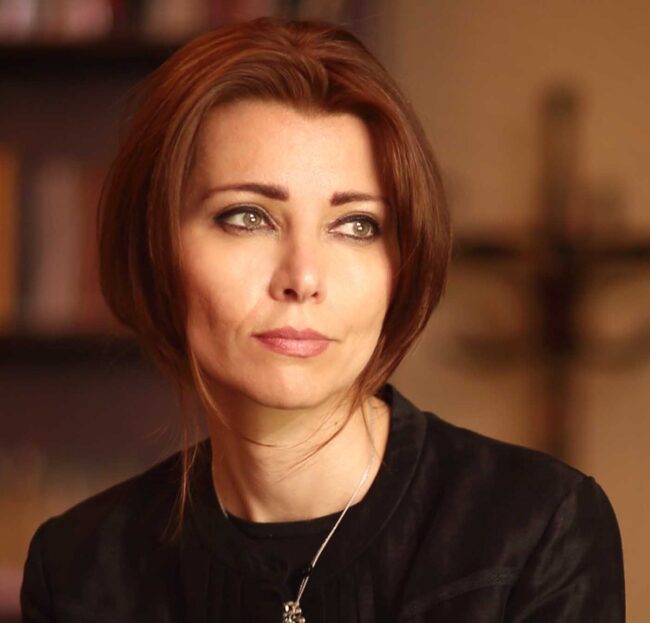Establishing the primary theme of the story is one of the most important parts of planning a novel.
Few current authors have used political and cultural themes better in their work than award-winning Elif Shafak – even if they have sparked controversy, led to her being jailed, and forced her into exile.
And despite putting child abuse, genocide, and freedom-of-speech at the heart of her novels, she continues to be one of the most popular writers of modern times.
Accolades and awards follow the release of almost every book she has published, with her work now translated into 55 different languages.
Born in France and raised by her grandmother in Turkey, Elif’s formative years also included time in Spain, Jordan, and Germany, before she graduated in international relations and women’s studies, and eventually gained her PHD in political science.
The academic became the novelist in 1998 with the publication, in Turkish, of Pinhan.
And ever since, both in English and Turkish, the 52-year-old activist has been writing some of the most important novels of our time.
The Bastard of Istanbul, The Forty Rules of Love, and Three Daughters of Eve have all established Elif as an international bestseller.
Despite having to flee her native Turkey to live in the UK due to her controversial writing, Elif believes it is an author’s duty to search for subjects and themes that matter.
And the best way to come up with them is to read.
She explained: “I am a political scientist by training.
“I have always liked and treasured interdisciplinary studies – political philosophy, gender and women’s studies, cultural studies.
“This is very basic, but I think it needs to be said – writers are readers, primarily, and they should always remain readers.
“In other words, we have to keep reading, reading.
“But novelists should not only be reading novels in my opinion – I also believe it is intellectually much more challenging and stimulating to have eclectic reading lists: fiction and nonfiction, East and West.”
Elif has both studied and experienced the discrimination, political unrest, and restrictions of speech that she expresses in her novels.
And in today’s fast-changing world, few writers won’t have experienced their own troubles, whether it’s down to the pandemic, work-place prejudice, or the cost-of-living crisis.
Elif believes all writers should pay attention to the themes and subjects that come their way.
She explained: “Deciding on an idea to pursue writing about can be the most challenging aspect for a writer.
“I am still not sure whether we rationally ‘choose’ our subjects or somehow, the subjects of our books come to us, or we bump into each other in the most irrational ways.
“I know that sounds odd, but that’s often my experience.”
As well as countless literary awards for her novels, Elif has also been honoured for her activism and political campaigning.
She was also included in the BBC’s recent list of the 100 most inspiring and influential women.
Elif believes if writers feel passionately enough about a subject, their books will benefit.
She added: “Writing fiction is primarily a work of love.
“Before anything else, above everything, it is about this profound love you feel for the art of storytelling.
“Where does it come from, that love? How is it possible? I don’t know.
“All I know is, whenever in doubt, please remember the love and let it be your guide.”

